
Profit and prosper with the best of Kiplinger's advice on investing, taxes, retirement, personal finance and much more. Delivered daily. Enter your email in the box and click Sign Me Up.
You are now subscribed
Your newsletter sign-up was successful
Want to add more newsletters?

Delivered daily
Kiplinger Today
Profit and prosper with the best of Kiplinger's advice on investing, taxes, retirement, personal finance and much more delivered daily. Smart money moves start here.

Sent five days a week
Kiplinger A Step Ahead
Get practical help to make better financial decisions in your everyday life, from spending to savings on top deals.

Delivered daily
Kiplinger Closing Bell
Get today's biggest financial and investing headlines delivered to your inbox every day the U.S. stock market is open.

Sent twice a week
Kiplinger Adviser Intel
Financial pros across the country share best practices and fresh tactics to preserve and grow your wealth.

Delivered weekly
Kiplinger Tax Tips
Trim your federal and state tax bills with practical tax-planning and tax-cutting strategies.

Sent twice a week
Kiplinger Retirement Tips
Your twice-a-week guide to planning and enjoying a financially secure and richly rewarding retirement

Sent bimonthly.
Kiplinger Adviser Angle
Insights for advisers, wealth managers and other financial professionals.

Sent twice a week
Kiplinger Investing Weekly
Your twice-a-week roundup of promising stocks, funds, companies and industries you should consider, ones you should avoid, and why.

Sent weekly for six weeks
Kiplinger Invest for Retirement
Your step-by-step six-part series on how to invest for retirement, from devising a successful strategy to exactly which investments to choose.
China has just displaced Japan as the world’s second-largest economy and is likely to dethrone the U.S. as the number one sometime between 2020 and 2030. Years of double-digit GDP growth — we forecast 10% for 2010 — have put China on that path. But over the next few years, the gains will slow. That’s in part due to math, since the economy was growing from a small base, but a host of serious structural flaws also looms large. Fixing them will take major reforms that, so far, Beijing has proved unwilling to make — in no small part because they would require the Communist Party to loosen its grip.
Here are seven of the most entrenched problems we see taking some of the sizzle out of China’s lightning growth.
By Andrew C. Schneider

Overcapacity
For decades, the measure of success for local and provincial government officials has been the number of jobs created for a rapidly growing urban workforce. That usually means building factories or adding infrastructure, whether needed or not. Such overcapacity leads to waste of scarce resources, deflation and dumping of excess production abroad.

Financial Mismanagement
Local officials force state-owned banks to finance construction at next-to-nothing rates, with no regard for borrowers’ suitability. Inevitably, nonperforming loans pile up on the banks’ balance sheets. Beijing already recapitalized the four largest state banks once, forcing ordinary depositors to foot the bill, which hurt consumption. Now bad loans are once again on the rise, a result of the $586-billion stimulus China poured through banks last year.
Though Beijing could manage another bailout, it certainly can’t keep it up forever.

Flawed Education
Sure, Chinese colleges graduate many times the number of engineers and scientists that American universities produce, but such statistics are misleading. To meet the quotas for graduates set by Beijing, academic programs dilute their standards. They further inflate their count by counting as engineering students those studying to become mechanics or industrial technicians.
The result is that many of these graduates fall far short of the standards imposed by U.S. colleges and universities. When they graduate, many are unable to find work in their professions.
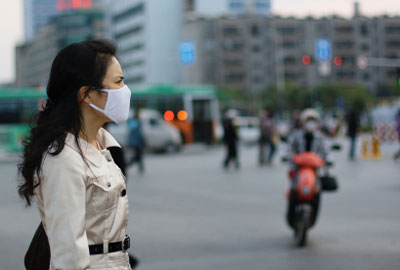
Stifled Innovation
Those engineers and scientists who do measure up -- the cream of Chinese universities or those who study overseas and return home -- often have little freedom to explore. If they work for state-owned firms or universities, Beijing dictates the direction of research and development. Many gravitate to the more open atmosphere at private firms, but these companies can’t get loans to grow because state enterprises gobble up the capital. Beijing aims to compensate by forcing multinationals to transfer advanced technology as the cost of doing business in China, but foreign firms are fighting back hard.
Remember, China builds the iPod — it didn’t invent it.

Environmental Degradation
Water pollution and water shortages pose the most serious problems. They cause health ailments, damage agriculture, jam up hydroelectric dams, interfere with manufacturing and limit urbanization. As aquifers dry up, soil erodes, turning an area the size of Connecticut to desert every year. The resulting dust storms add to the country’s already horrendous air pollution. Beijing’s preferred solution to the problem is a massive south-to-north river diversion project. Odds are, that will make matters worse, draining water from already overtaxed southern supplies.

Corruption
One of the major reasons Beijing has such a hard time dealing with all the problems mentioned above is that so many individuals have a vested interest in keeping things exactly as they are. Communist Party officials pay for their advancement, then aim to earn back their investment. Local governments seize houses and land, sell them to developers with little compensation for those displaced, then take kickbacks from the construction companies. This hits U.S. and other foreign companies operating in China as well.
Beijing does make examples of particularly corrupt officials and business leaders, sometimes even executing the offenders. But the problem of corruption is endemic, costing as much as 10% to 13% of annual GDP, according to Transparency International.
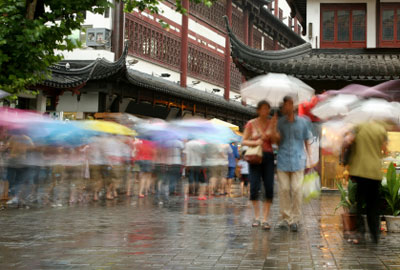
An Aging Population
As the generation of the Cultural Revolution retires,
the burden of their care falls heavily on the smaller generation of the one-child policy. As fewer workers support more retirees, competitiveness will suffer. For an illustration of what this could mean, China need look no farther than Japan.

Profit and prosper with the best of Kiplinger's advice on investing, taxes, retirement, personal finance and much more. Delivered daily. Enter your email in the box and click Sign Me Up.
-
 5 Vince Lombardi Quotes Retirees Should Live By
5 Vince Lombardi Quotes Retirees Should Live ByThe iconic football coach's philosophy can help retirees win at the game of life.
-
 The $200,000 Olympic 'Pension' is a Retirement Game-Changer for Team USA
The $200,000 Olympic 'Pension' is a Retirement Game-Changer for Team USAThe donation by financier Ross Stevens is meant to be a "retirement program" for Team USA Olympic and Paralympic athletes.
-
 10 Cheapest Places to Live in Colorado
10 Cheapest Places to Live in ColoradoProperty Tax Looking for a cozy cabin near the slopes? These Colorado counties combine reasonable house prices with the state's lowest property tax bills.
-
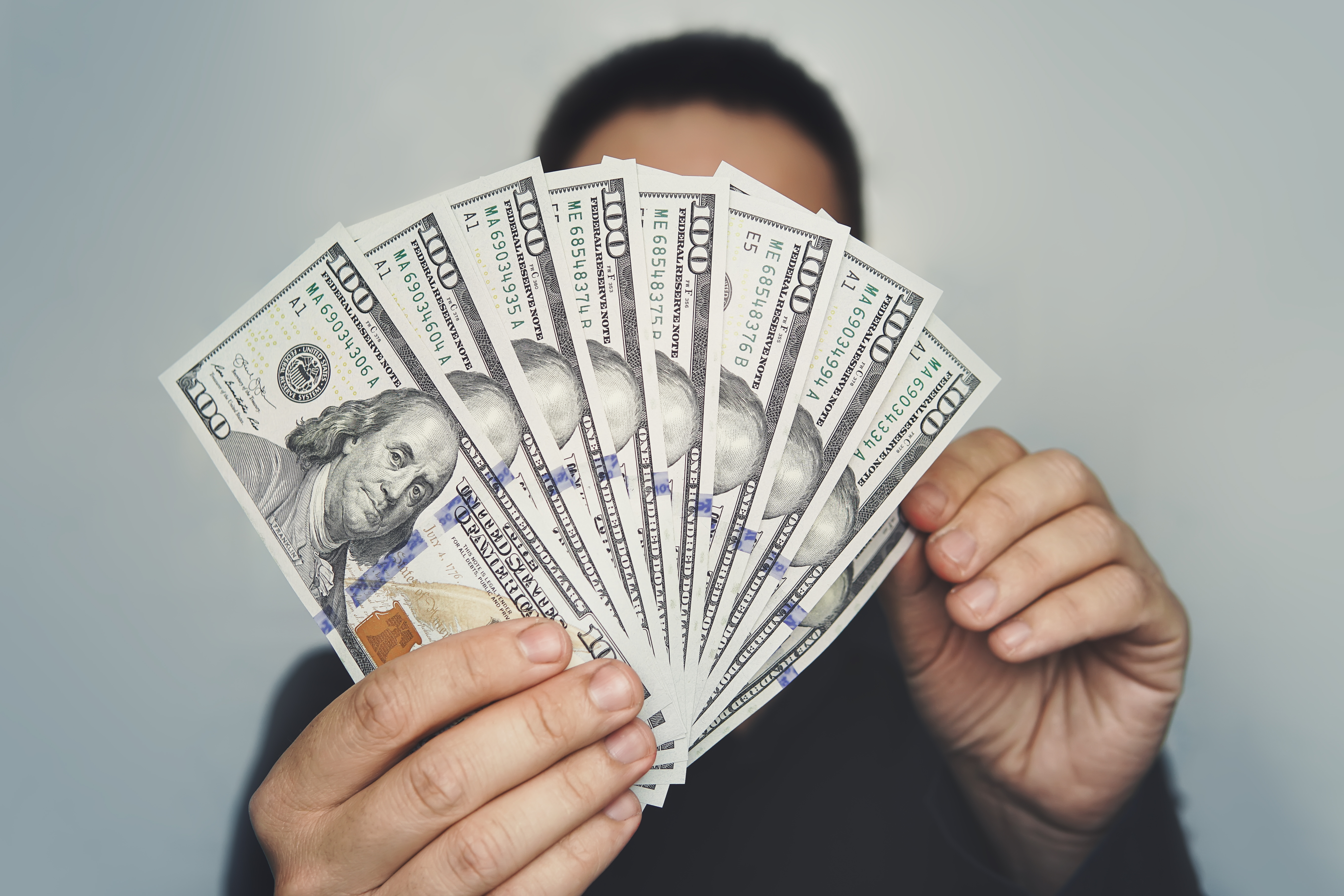 32 Ways to Make Money in 2025
32 Ways to Make Money in 2025business Check out these cool side hustles to earn bonus bucks this year.
-
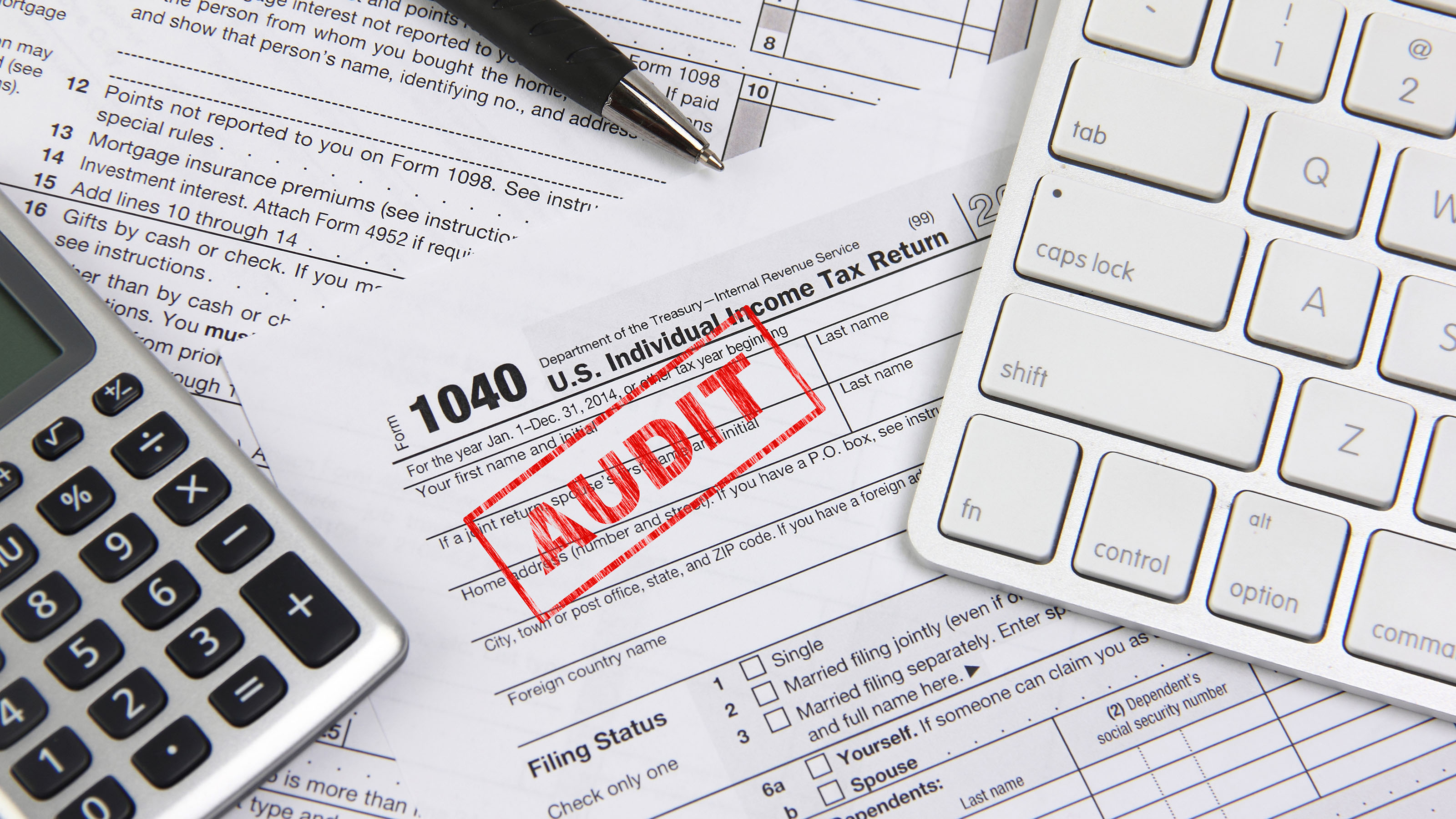 12 IRS Audit Red Flags for the Self-Employed
12 IRS Audit Red Flags for the Self-Employedtaxes If you are self-employed, minimize the odds of an IRS audit by avoiding these audit triggers.
-
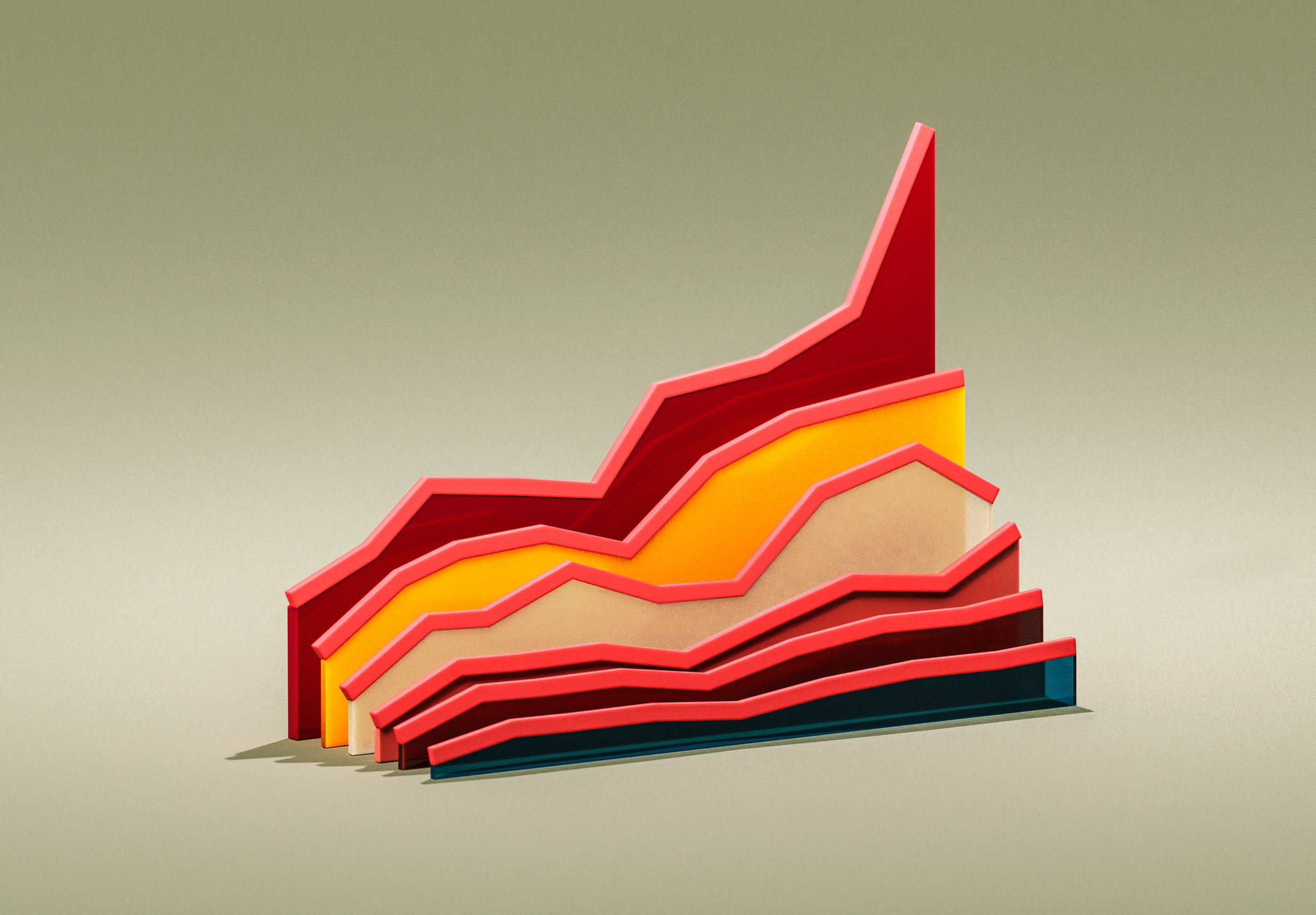 Business Cost Outlooks for 2022: Eight Key Sectors
Business Cost Outlooks for 2022: Eight Key SectorsEconomic Forecasts What’s in store for all sorts of business costs in 2022?
-
 PPP Loan Basics for Small Business Owners
PPP Loan Basics for Small Business OwnersCoronavirus and Your Money Although uncertainty and confusion have surrounded the Paycheck Protection Program since its launch, that shouldn't stop small business owners from participating in the loan program, which was just extended to May 31.
-
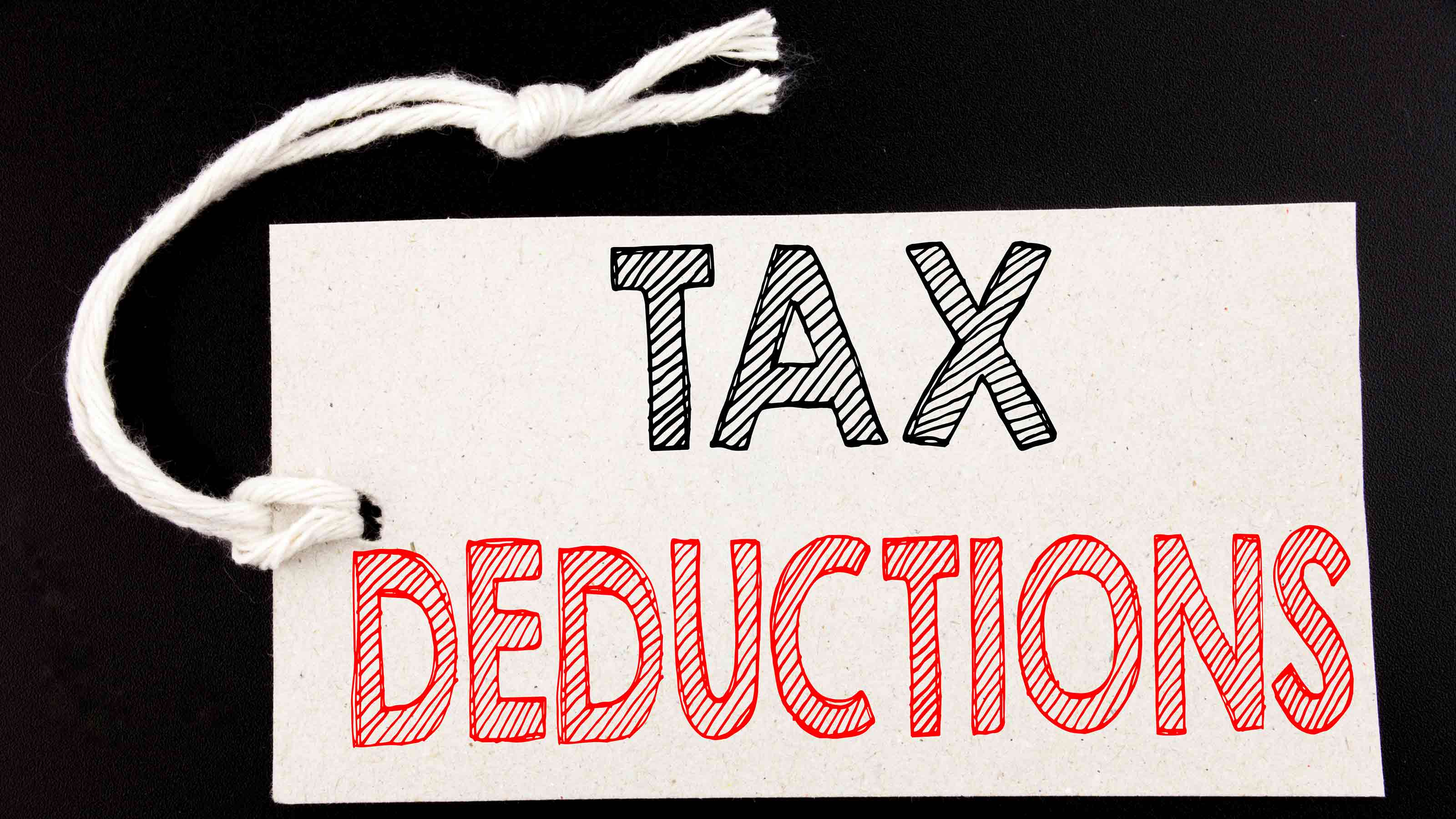 "Above-the-Line" Deductions for Your 2021 Tax Return
"Above-the-Line" Deductions for Your 2021 Tax ReturnTax Breaks If, like most people, you claim the standard deduction instead of itemized deductions on your return, there are still many other tax deductions available that could save you a lot of money.
-
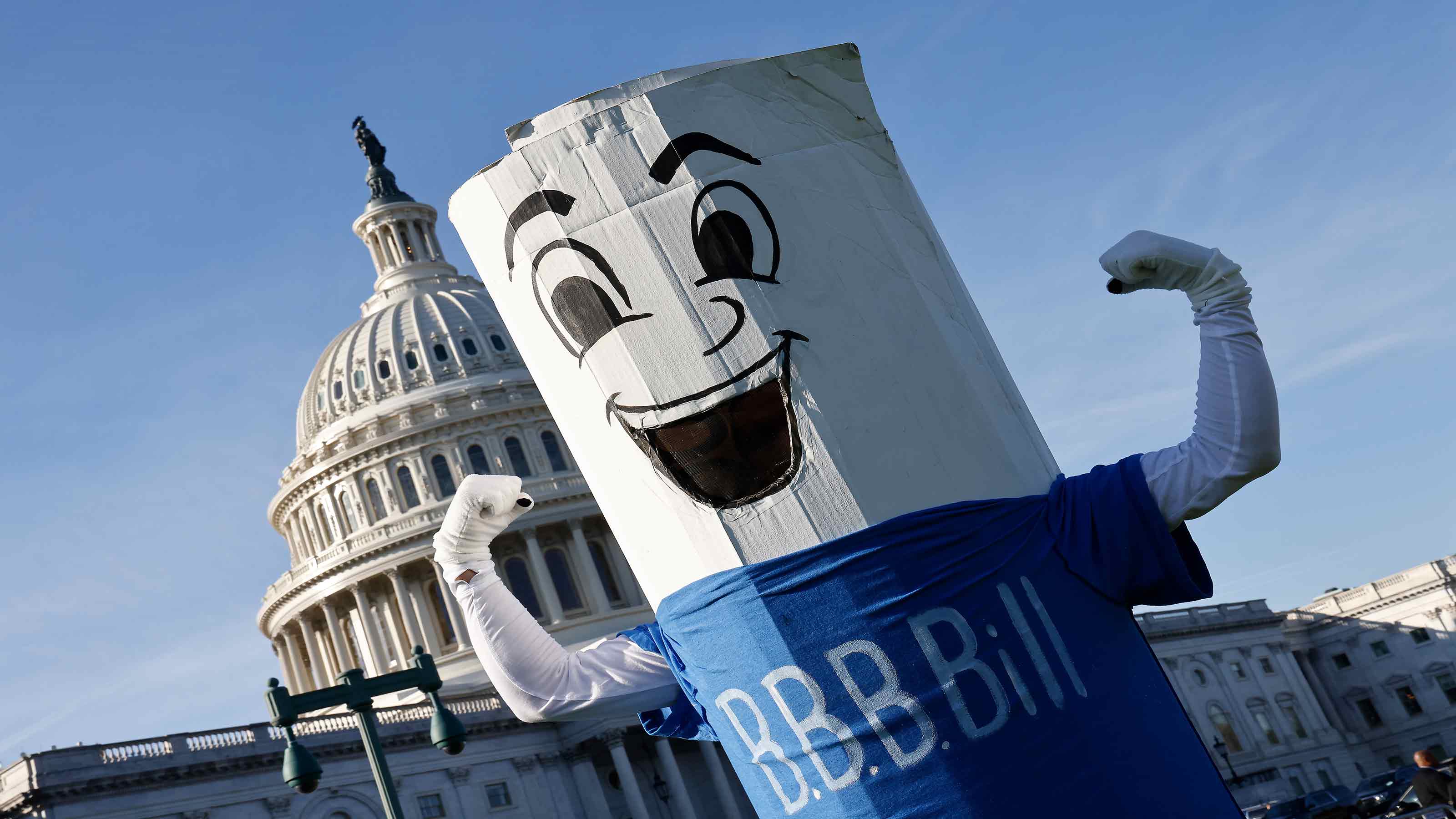 The Biden Tax Plan: How the Build Back Better Act Could Affect Your Tax Bill
The Biden Tax Plan: How the Build Back Better Act Could Affect Your Tax BillPolitics Depending on your income, the Build Back Better Act recently passed by the House could boost or cut your future tax bills.
-
 9 Tips for Better Time Management in Retirement
9 Tips for Better Time Management in Retirementretirement These important time management techniques will help destress your life as you get busier -- yes, busier -- in your golden years.
-
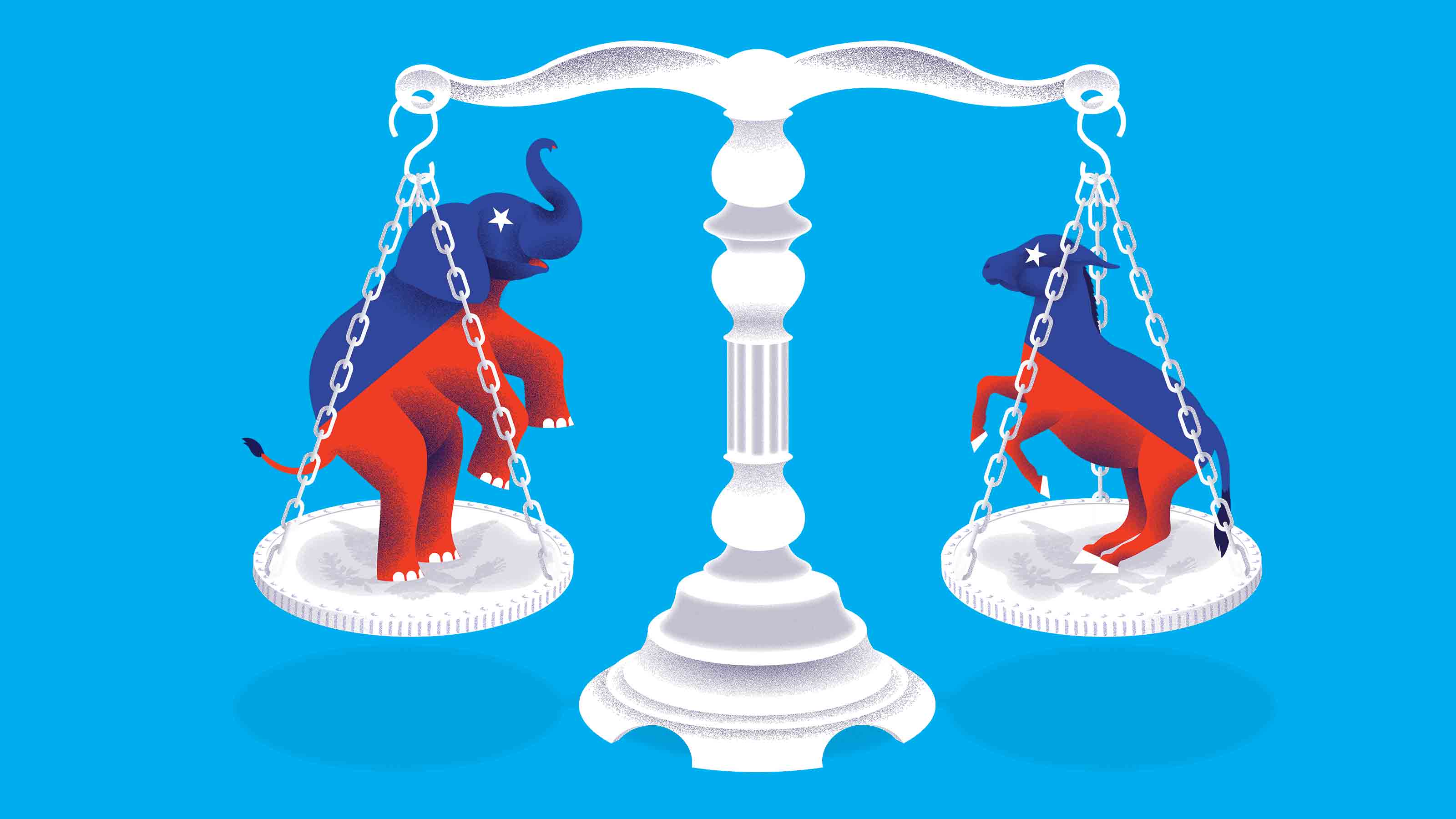 The 2020 Election and Your Money
The 2020 Election and Your MoneyPolitics We’ve assessed how the presidential candidates’ stances on financial issues will affect your wallet.
